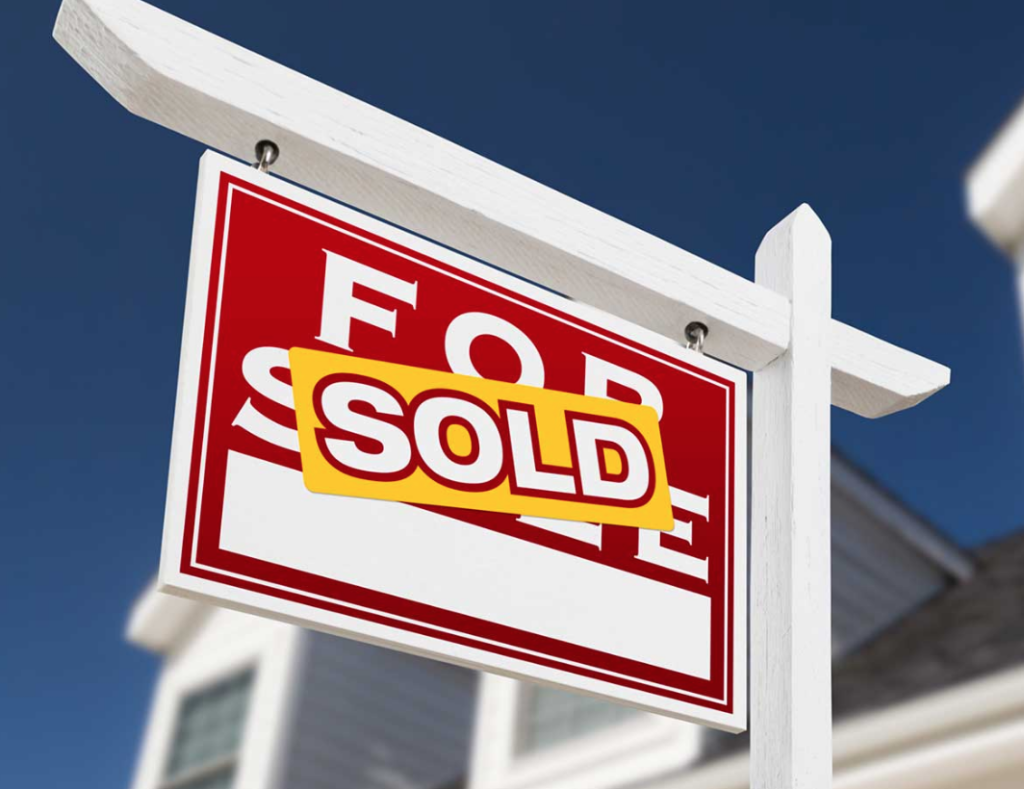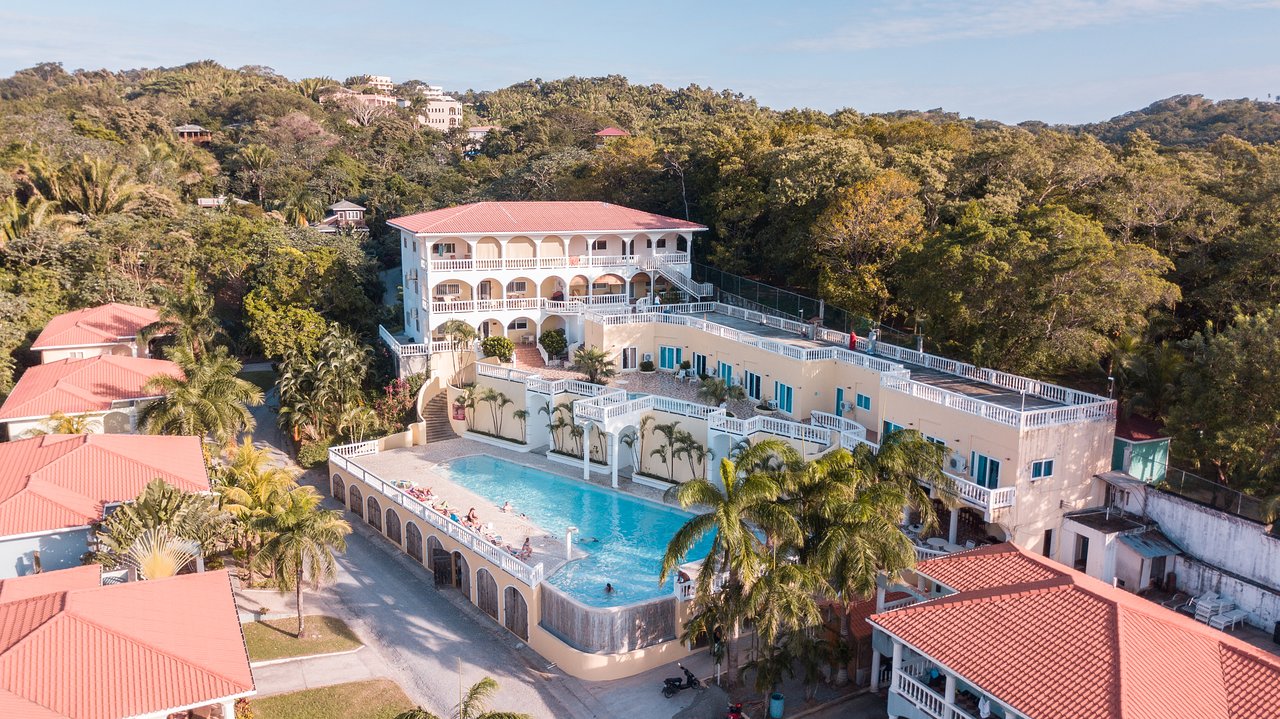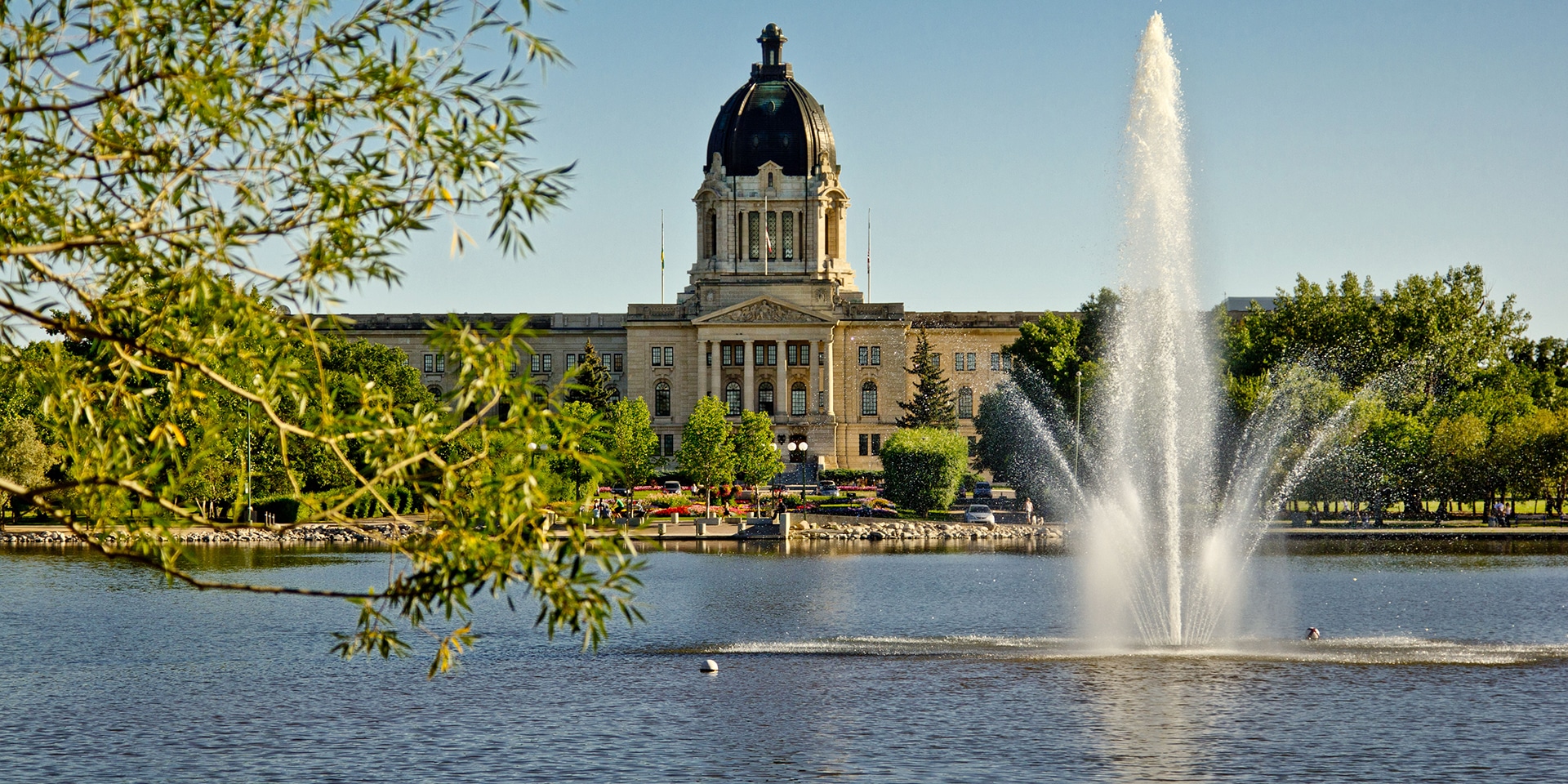
To Be A Real Estate Investor or Not to Be:
Be Careful What you Wish For
Nineteen years ago my husband and I bought our first little rental home with the savings we had gathered up while working in Japan in the 1990’s. We were already in our early 30’s so we were years behind our friends and family as far as careers, owning a home, and having children went. On top of that, there were no jobs for us when we arrived back to Canada as my husband was a new immigrant to Canada and could barely speak English at the time and as far as my job was concerned, the School Board was not interested in hiring an ‘older’ teacher with two young children at home. It was then that we vowed we would be multi-millionaires – not just to prove something to them, but because we wanted ‘Freedom 50!’ and we were running out of time.
It didn’t take much to see where the money was hiding – it was in Real Estate – and I don’t mean in selling real estate. I mean in OWNING real estate. As we gathered up properties and built a business, we became firm believers that EVERYONE should invest in real estate, but as I get older and wiser, and after many years of owning a property management company, that conviction is not as strong as it once was. Owning rental properties is NOT for the weak at heart or for the person without stamina.
The Real Wealth is in the ‘Buy and Holds’
Over the years as a property manager, I’ve seen very few investors make significant money by buying and selling in shorter time frames. Maybe it’s possible, but this is a skill that we certainly don’t possess, and for the most part, I would say that most investors are in this same category, lacking the know-how for turning profitable short-term real estate investments. In the hundreds of clients that we have worked for over the last several years, we have only ever seen these kinds of fast profits being made by a few in the boom of 2007-2008 in our city. In every other year, investors that cash in within the first 5-8 years of owning the property barely break even after fees and commissions are paid.
How Much is Enough?
I hear this question being asked all the time by my investor friends across the country. There is no number answer to that question. I guess ‘Enough is when you decide – It’s enough!’ Recently, someone once said to me “You’ll own 1000 doors in a couple of more years”, and I must admit, the thought sounded appealing to me at the time. About the same time, I met Kim Kiyosaki in person and thought to myself, ‘Yes. We can be bigger! If they can do it, we can do it!’ But then we stopped and asked ourselves “Why? Why do we need more? How do more properties fit into our ‘Freedom 50’ plan when I am already 50 years old!” Should I adjust the plan to ‘Freedom at 60’? (which doesn’t even roll off the tongue nicely!)
Learning How to Quit Buying
Changing your mindset to NOT think like an investor is not easy. In fact, it’s hard.
It would seem that the type of personality that leads one to become a fairly large real estate investor doesn’t just go away when they decide you have enough, and the exit plan is not exactly quick. It’s not something you wake up one day and think “Maybe we should retire this year!”
When you have owned a building, or a business, for that matter for a long time, you become attached to it. It’s your baby. It was quite heart-breaking to watch the previous owner of this new business we bought down here in Honduras sign those final papers at the lawyer’s office on possession date. He was hesitant and looked really sad. He and his wife built this business 18 years ago and have run it the same way we are running it; 6 months here and 6 months back in their homeland of Italy. Their daughter, who was half raised in Honduras, was also was deeply sad and depressed to see the family business being sold. But they are 55 and they have chosen to be free. It was enough for them.
And then there is this thought… what if it’s not a good year to sell? The other day I was speaking to a business owner who has a small print shop down the street from our 25-room hotel/restaurant/ dive shop that we just purchased. The owner said, “You are brave to buy such a big business. I hope you plan on keeping it for a long time because big businesses like that don’t sell so easily on an island.” It never occurred to me that we may be ‘stuck’ with this business for a long time, and it suddenly occurred to me we have the same situation in Canada. We have spent the past 19 years gathering up properties across Canada, now owning over 250 doors. We just realized that we own a never-ending job, or at best, a job for some years to come. Yes, people will give free advice to ‘hire someone to manage your properties’, but that is a shallow and flippant comment because as the owner, the overall overseeing of the whole operation ultimately lands back on your desk – that is, if you want to keep things straight and on track.
The ‘Retired’ Myth
So many times I hear of investors who quit their 9 to 5 jobs and claim to be ‘retired’. They become ‘full-time real estate investors’ on a double-digit number of properties. I hear it all the time at conventions and forums. I ask myself “How?” It doesn’t make any sense to me. Is it really enough to ‘retire’? We own 250 doors between 4 people, and we continue to work like crazy. Maybe we are different from the average North American family and just spend more? Maybe we set our goals too high? But one thing I do know and that is, we certainly do not live on the cash flow from our investments. But then again, if you want to be a multi-millionaire in less than 20 years, you need to keep expanding and pushing the limits which means cash flow is always tight.
The word ‘retired’ to me means sitting on the beach with an ice-cold Margarita in my hand reading a good novel. It’s possible that they are just using the wrong word as per my definition, because in my experiences owning 250 doors is a huge on-going project. It’s a business, and probably takes more effort, responsibility and commitment than any 9-5 job. Some days I wish I just had that 9-5, Monday to Friday and let someone else worry about the boiler that just went down in an 18-suite apartment when it’s -35 degrees and they can’t find the part because it’s a national holiday! Yes, the hours are ‘flexible’ and you can choose when and where to work provided you have a great team, but the reality is whether that is from an island in Honduras or the top of a mountain, it is still work and it is not ‘Retirement’. Like I always say to my teenage kids “if it were easy – everybody would be doing it!”
It’s true that the work becomes addicting and because the investor has a passion for investing, it becomes less painful to work at, but trust me, if you didn’t have a passion for it, it becomes a sheer nightmare. I see it all the time in our property management company. It’s painful for me to watch a one-time investor, whether they own a single-family home or a large multi-family complex struggle with the stress of owning rental property real estate. It’s difficult for them to process the unexpected and they can not handle the reality of owing buildings and dealing with tenant’s and their money.
The fun part in owing 250 doors is that it becomes easier and easier. The weird part is that buying real estate to a true real estate investor can become addictive. Sometimes there is no good reason to buy the property other than ‘because you can!’
Should Everyone Own an Investment Property or Two?
It also occurred to me, down here in Honduras that this real estate investment craze is somewhat world-wide and that it can complicates people’s lives when they least expect it. I met a doctor who should be nearing retirement. He has successfully raised three doctors who are all doctors, but for some reason, he bought a small strip mall and set up his clinic and pharmacy on the main floor and started renovating the top floor into a high-end conference room/restaurant. He admitted to me that the project has been extremely stressful, his wife is angry at him and he’s running out of money and may not be able to finish the project. The stress and the worry in his eyes were very apparent. He wasn’t even sure why he did it, but he clearly admitted he was in way over his head and didn’t see a solution in the near future. I felt bad for him.
Another story I heard, again, just the other day, down here in Honduras was from a Canadian woman who had bought a plot of land in Jamaica and had started to build a small house. She finally quit the project and walked away from the land and the concrete frame losing about $70,000 in the unfinished project. She concluded that unless she could be there full time to watch the progress, it would never get done and money would continue to disappear. Building or buying in the Caribbean is becoming quite a popular thing for Canadians. We have many hotel guests looking at this very thing and there is a right way (and a wrong way) to go about that investment. I can save that topic for another issue.
By Kathy Berner






